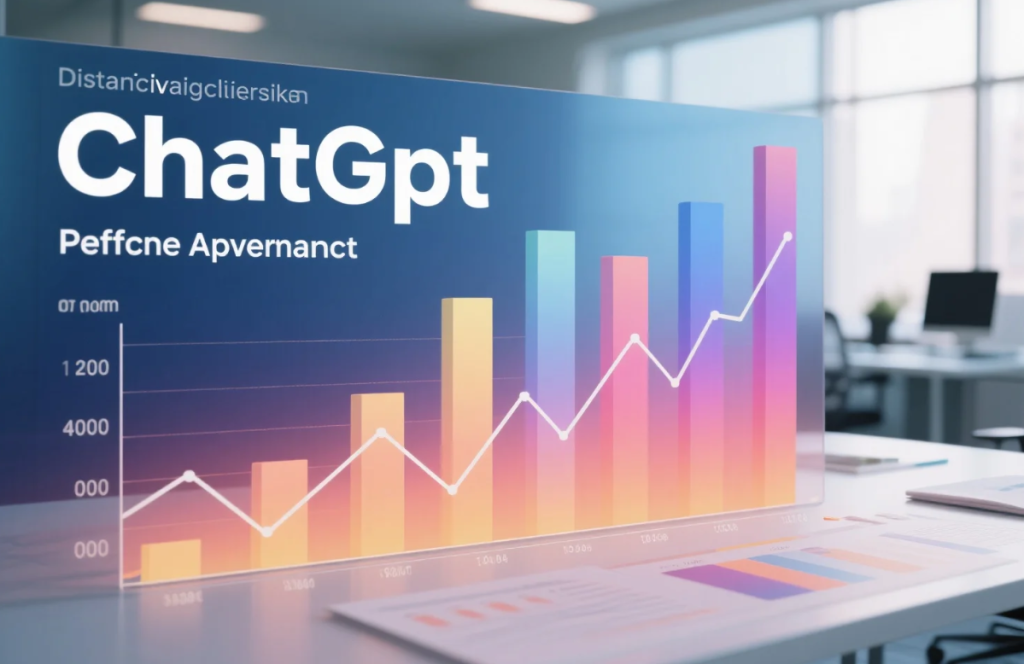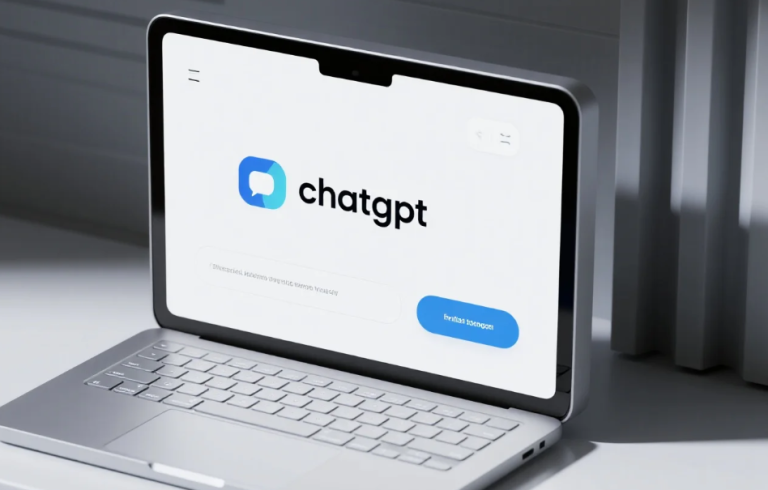Learning to write in a second language has always been a challenge. Grammar rules stack up like puzzle pieces, vocabulary slips away mid-sentence, and cultural tone can be hard to copy. So when AI entered the scene, many learners asked the same question: Can this finally make writing easier? That curiosity sparked countless experiments, and soon the phrase using chatgpt for second language writing pitfalls and potentials became a real debate. Some people praised AI as a personal tutor. Others warned it could create dependency or even encourage plagiarism.

Let’s unpack both sides. Instead of glorifying or blaming the tool, this guide breaks down how to use it wisely. After all, a hammer can build or destroy depending on the hand that holds it.
Why Second Language Learners Turn to AI
The first reason people start using chatgpt for second language writing pitfalls and potentials is obvious — instant feedback. Instead of waiting days for a teacher to review an essay, AI provides corrections in seconds. For many, that’s a lifesaver. A student in Spain shared how she used chatgpt for language learners to practice writing daily emails in English. She didn’t need perfect responses. She only wanted confidence that her sentences made sense.
However, the ease of access is also what makes AI risky. When a tool gives perfect answers too fast, it tempts users to copy instead of think. That’s where dependency begins. Therefore, learners must treat ChatGPT as support, not a replacement for brainwork.
Major Pitfalls You Must Avoid
When exploring using chatgpt for second language writing pitfalls and potentials, one issue stands above the rest — over-reliance. Many learners paste prompts like “Write a 300-word essay about climate change” and simply submit the output. Sure, it looks flawless. But the student learns nothing. In fact, their writing may even suffer.
Another danger lies in fluency versus authenticity. AI-generated sentences often sound too formal or robotic. Teachers can instantly detect when a student’s natural writing doesn’t match their assignments. However, worth noting is the ethical risk. Some assume rewriting or paraphrasing AI content bypasses plagiarism. That’s false. Academic institutions are now trained to spot AI influence patterns.
This leads to another sub-problem: tone mismatch. A casual request can return with overly polished language. For example, a learner asking for friendly email help received a response beginning with “I hope this correspondence finds you well.” Elegant? Yes. Natural for a beginner? Absolutely not.
Smart Ways to Turn AI Into a Learning Tool
Rather than asking AI to write everything, break tasks into smaller pieces. Instead of “Write my essay,” try “Check only my grammar.” This technique keeps your ideas while fixing mistakes. It aligns with the goal of improving grammar with chatgpt without erasing your voice.
Another practical method is role-playing. Tell ChatGPT: “Pretend you’re my writing coach. Don’t give full answers. Ask me questions instead.” This forces critical thinking. It also transforms AI from an answer machine into a real tutor.
Furthermore, learners can ask for explanations, not just corrections. For example: “Why is this sentence wrong?” or “Can you show three alternative phrases with slight tone differences?” This creates understanding instead of surface polishing.
Real Case: How a Student Fixed Academic Writing Struggles
Meet Daniel, a Korean student studying in Canada. His biggest issue wasn’t grammar. It was structure. His paragraphs floated without clear direction. He wondered, can chatgpt help with academic writing? Surprisingly, yes — but only after he changed his approach.
At first, Daniel asked for essay rewrites. It didn’t help. His professor still said it sounded AI-written. Then he switched tactics. He wrote a rough draft himself and asked ChatGPT, “Identify weak transitions. Suggest better connections.” Suddenly, his writing flowed. The result wasn’t AI-written — it was AI-guided.
Interestingly, the tool didn’t just correct text. It taught pattern recognition. After a month, Daniel needed less assistance. That’s the ideal outcome — moving from reliance to independence.
When AI Becomes a Barrier Instead of a Boost
Using chatgpt for second language writing pitfalls and potentials also reveals psychological traps. Some learners lose confidence. They compare their raw writing to polished AI text and feel inadequate. However, worth noting is that AI has no personal story. It writes based on prediction, not experience. Your imperfect writing still holds authenticity that AI cannot replicate.
Another barrier is cultural mismatch. Writing isn’t just about grammar. It’s about humor, sarcasm, politeness levels — all shaped by culture. AI sometimes offers phrases that sound correct but feel inappropriate. For example, in Japanese culture, direct praise is often avoided. Yet AI might suggest bold compliments that feel uncomfortable to native speakers.
Therefore, always pair AI learning with real human input. Forums, language partners, or teacher feedback provide cultural nuance that machines still lack.
The Balanced Formula for Growth
To maximize potential while avoiding risks, follow this structure:
- You generate ideas.
- AI helps refine.
- You revise again manually.
- AI reviews final clarity.
This cycle builds muscle memory. It allows using chatgpt for second language writing pitfalls and potentials wisely — leaning on support but keeping ownership of voice.
Moreover, always keep an eye on progress. If your writing improves over time, great. If output stays the same because AI always finishes the task, stop and reassess.

FAQ
1. How can I make AI sound more natural?
Add instructions like “Write casually” or “Use simple phrases.” If needed, show your own writing sample for style matching.
2. Can I rely on AI instead of human teachers?
AI is great for instant response. But it lacks emotional nuance and cultural depth. Use both for best results.
3. How do I avoid plagiarism when using ChatGPT?
Always rewrite output in your own voice. Treat AI suggestions as drafts, not final versions.
4. Can AI help me prepare for language exams?
Yes — especially for writing practice. Ask it to score your essays based on exam criteria.



